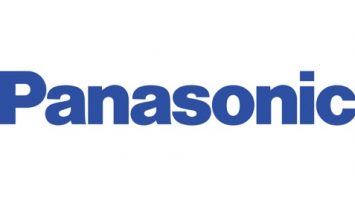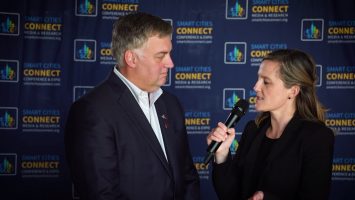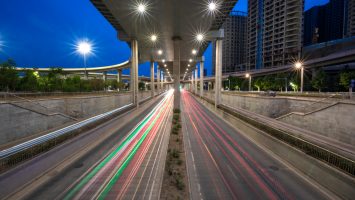
The City of Melbourne, Australia created the Resilient Melbourne Citymart Challenge with the goal of finding creative, feasible, and impactful ideas to help to reduce transport congestion, and ideally also make the experience of travel more socially fulfilling.
A number of ideas are being tested:
- Parachute is an app that uses people’s existing social networks to enable the exchange of transportation favors, helping to combat the problem of congestion around schools and children’s events;
- Brad Fischer from Last Mile Solutions is focusing on the problem of the last mile of parcel deliveries within Melbourne’s Central Business District (CBD). In order to reduce duplicate deliveries, he proposes operating a consolidation center on the edge of the CBD where delivery companies drop off their parcels. His company would then use non-road-based delivery methods, such as bicycle trolleys or couriers on foot, to take the deliveries to their destinations. Modelling done in partnership with the University of Melbourne suggests this approach could keep more than 4,000 of those delivery vehicles out of the CBD each day;
- The French company, Navya, uses driverless electric shuttle buses which are designed to make it easier for people to use public transport by offering a very local shuttle service to and from train, bus or tram stations.
“Given congestion seems to be getting to be a greater scourge, more people are spending time in their vehicles, but by themselves, maybe listening to the radio. They’re not connecting to their communities and their families,” says Melbourne councillor Cathy Oke, chair of the environment portfolio. “The city has two clear goals, not only around our transport strategy and around reduction of congestion, but we also have a social connection goal.”


